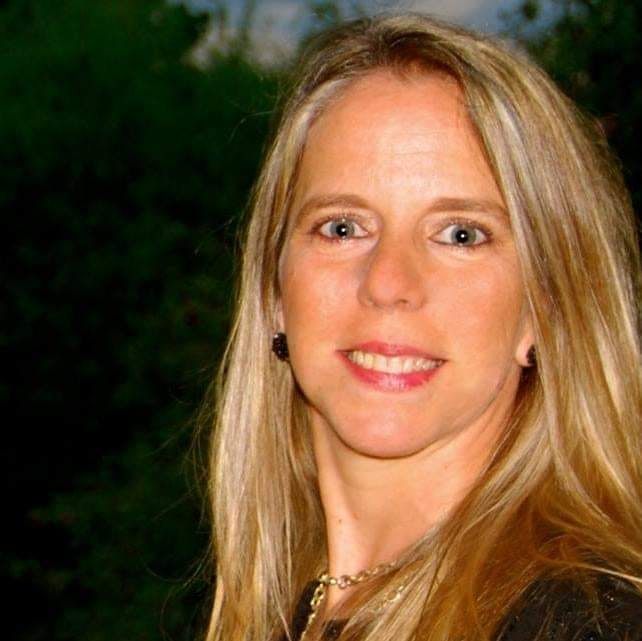News
MAFALDA PATULEIA - participation at LLTA meeting in Helsinki for ERASMUS + project: Slow Food Movement (The Way We It Does Matter)

Our researcher Mafalda Patuleia participated in Helsinki Finland learning activity concerning the Erasmus + "Slow Food Movement (The Way We It Does Matter)" project.
The Project objective
Have you ever thought that the idea “what we eat matters”? "The way we eat has profound consequences for our own health, but also for the environment and our cultural identity. The food that’s good for us is also good for the environment and the community. Therefore, our everyday food choices have an impact on our health, but also on the climate and on the culture.
In this project the consortium is going to
In terms of health:
- Identify the damages of the Fast Food culture to human health and the environment and search ways to minimize these damages, create awareness in this field.
- Clarify the effect of genetically modified foods on human health and the redefinition of alternative nutrition ways in this regard.
- Explore the role of nutrition on human health, examine diseases that occur as a result of unhealthy nutrition and search methods of protection from these diseases.
- Provide the importance of probiotic nutrition and the introduce foods that strengthen our immune system, and solutions will be put forward for the Slow Food movement's nutritional habits that threaten human health. In addition, it will be ensured that school canteens and cafeterias are organized in accordance with the "Slow Food" philosophy and the nutrition menus are updated in accordance with this philosophy.
In terms of nature and climate change:
- Raise awareness about the environmental hazards of excessive meat consumption and the effects on climate change.
- Examine the environmental damage of wild fishing and to find solutions to prevent new environmental problems that will come with the degradation of the aquatic ecosystem.
- Investigate the environmental damage of domestic wastes created by fast consumption culture and to seek solutions for the safest disposal of these wastes.
- Also, with the Slow Food movement, we are going to search the benefits of on-site production, organic agriculture and balanced nutrition to our planet, practice gardens are going to be designed where students can practice organic agriculture.
In terms of culture:
- Explore the changing effects of our eating habits on family and society.
- Search agricultural migration and the changing cultural structures of immigrants as a result and find solutions to prevent this cultural erosion.
- Investigate how the Slow Food movement unites our food and cultural values, to present solutions for the preservation of our cultural food heritage, and create a food book that has sunk into oblivion where students can present examples fromv their own cultural cuisine.

